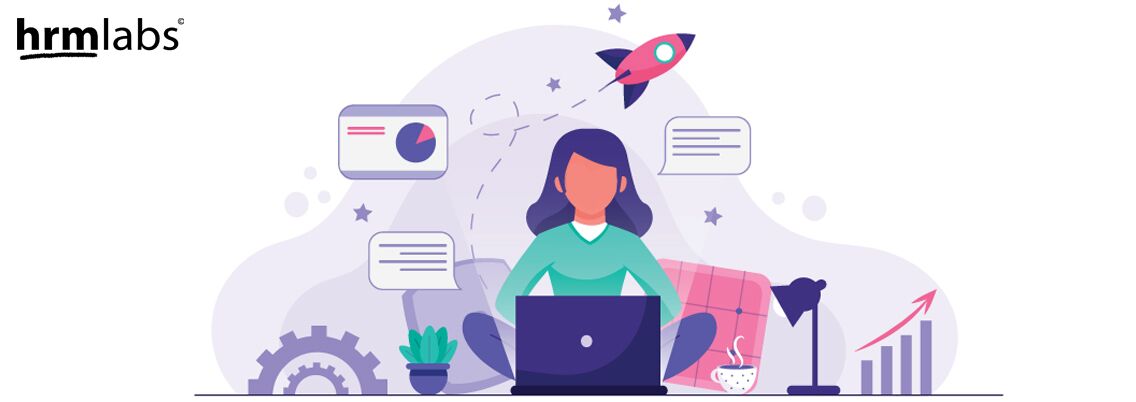Have you ever heard about “startup”?
Nowadays, we often heard about startup companies which the number have grown significantly. There are around 1,062 startups in Singapore and the country is among the largest startup ecosystems in the world. So, actually what is a startup company?
Keep scrolling!
We will learn more about startup, the trend, and its HR need as a growing business.
What is Startup?
Based on Cambridge English Dictionary, startup is a small business that has just been started. This business usually on research and development phase in search for ideal market and usually more on IT spectrum or something associated with IT. Other meaning of startup is an entrepreneurial venture which is typically a newly emerged, fast-growing business that aims to meet a marketplace need by developing or offering an innovative product, process or service.
Startup characteristics:
- No more than 3 years old in operation
- Less than 20 staff
- Annual income less than $100.000
- Still on development phase
- Usually operates in technology industry
- Product(s) are in digital form
- Usually operates through website
Is it the same with small business?
According to Paul Graham and other experts in a Forbes article, there is one aspect they would agree on about startup: the ability to grow. Startup focused in growth unconstrained with geography. That is the factor that differentiate startups with small businesses. It is designed to scale up quickly.
Startup Trend
This trend can be track back to late 90s and the beginning of 2000s when the dot-com bubble began to rise. New companies started to pop up and go public with their IPOs (Initial Public Offerings). During this period, most of the now successful startups were started. Apple is a great example. The others are Microsoft and Google.
HR in StartUp?
Startup needs a supportive environment to grow and they rely on flexible business culture. In the terms of HR, a structured HR can be seen as a dreadful process and it is not the first thing they would prioritize. However, leaving HR unstructured is do more harm than good. It creates confusion and negatively impact employee’s morale and retention.
Businesses that deliberately develop a strong HR function show that they value employees and their business. These companies are better at:
- Hiring employees;
- Developing employees;
- and retaining employees.
A structured HR shouldn’t be a chokehold for startup, instead it helps company in terms of having a structured hiring process, compensation, workplace culture, and the need for policies. There are many ways in which they can adopt structured HR while being flexible. One of the ways is to invest in a good HR software that accommodate startup needs to organize HR. There’s a lot of HR software out there, but you have to make sure that you choose the one that is most suitable with your startup.
As a still growing business, startups need an affordable and customisable HR solution that fit their environment. HRMLabs can be the solution. With affordable price and no minimum purchase, startups can enjoy many features that HRMLabs has. Startup usually need to structure payroll, leave entitlement, and measuring performance. In HRMLabs, we can do all of that and there are still many more beneficial features for your startup.
So, join us here, have a value for money of HR software, and be ready to have organized HR while being flexible. Book your FREE DEMO here.



